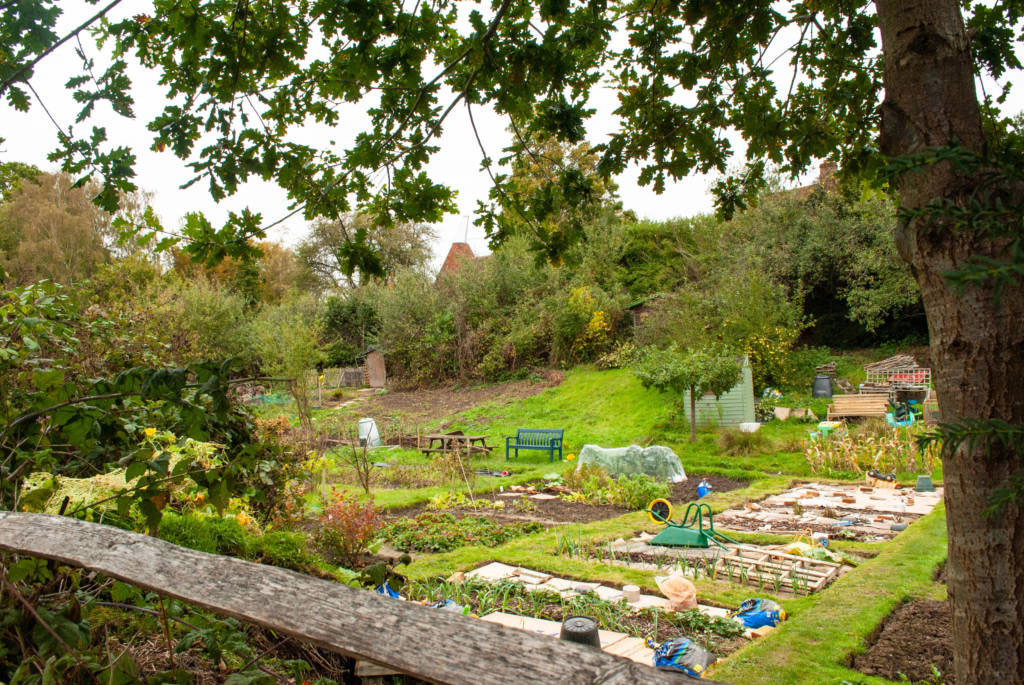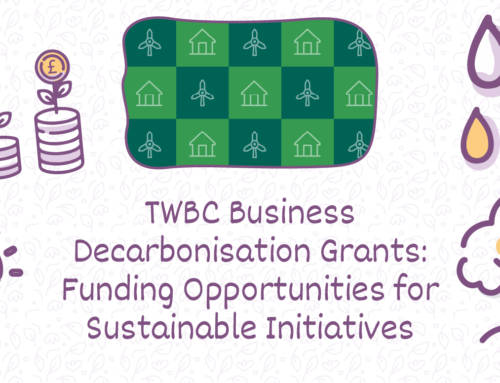Our Research and Insight team took part in the launch of Tunbridge Wells in Bloom (alongside the Parks team) to ask residents how they use their parks and green spaces, and if they have any advice for new gardeners who want to garden more sustainably!
The team received lots of input from residents who took the survey. Here are the top pieces of advice given to the team:
What sustainability tips would you give to new gardeners?
Make a hedgehog highway
(Hedgehogs travel between one and two kilometres a night. Creating hedgehog highways by linking your garden to your neighbours is one of the most important things you can do to help them! Hedgehog Street has more information about the campaign)
Say no to peat compost!
(Peat is a natural carbon-sink. When peat is mined for compost, this carbon is released and is turned into carbon dioxide, adding to greenhouse gas levels)
Collect water for reuse- rainwater harvesting
(Water resources in the UK are under pressure from climate change and population growth. Rainwater can be easily collected from roofs of homes, garages, greenhouses etc. and stored for use in your garden)
Have a go at composting!
(Composting at home is a cheap way to generate compost from food and garden waste, which can be put back into your garden for future seasons of growing! The Royal Horticultural Society has a composting guide for beginners)
Enjoy your garden – try not to get overwhelmed!
(Probably the most important piece of advice our residents gave. Just enjoy the process! Ask your neighbours, family and friends for advice)
Have your say! The engagement page is still open if you would like to add your thoughts.
Let us know about the following:
- What do you use our parks for?
- What would you like to see more of in your local park?
- Do you do anything to reduce your carbon footprint?
- Do you have any sustainability tips for new gardeners?
- How do you travel to your local park?
- Are you happy for us to use your comments in future communications and marketing materials?
No mow May!
Have you heard of no mow may?
No Mow May aims to increase the biodiversity of our lawns and gardens, helping feed our worlds pollinators. By saying no to the mower this May, you could help thousands of bee, butterfly and wildlife populations thrive this spring!









Leave A Comment